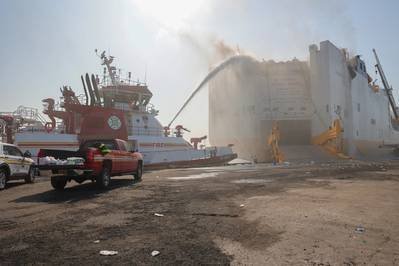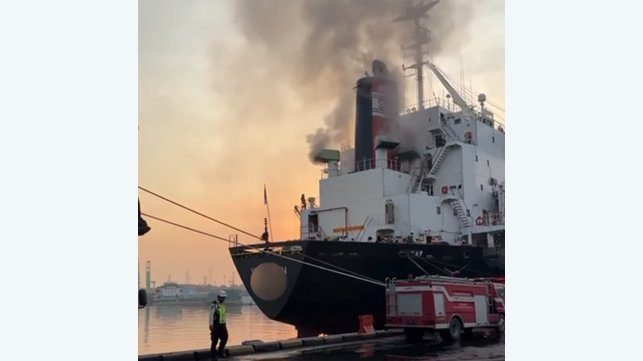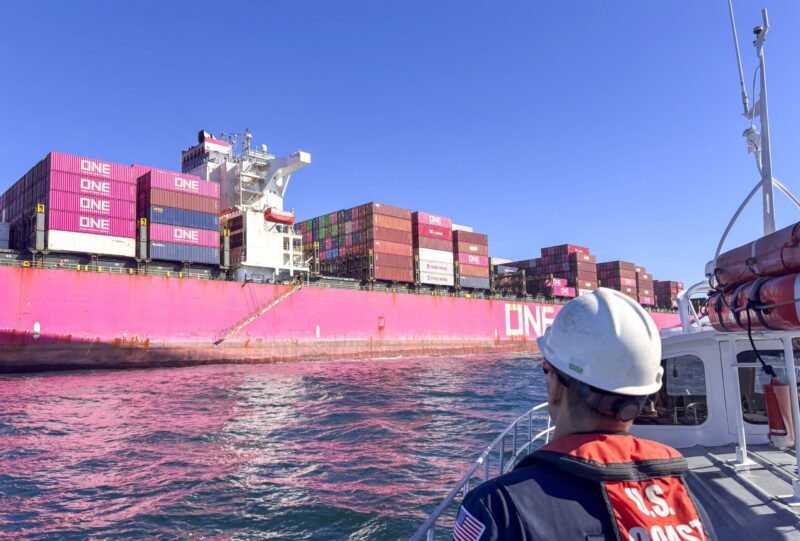Introduction:
With the increasing adoption of battery-powered technology in the maritime sector, the risk of battery fires has become a pressing concern. As vessels embrace cleaner energy sources, the industry must address the potential hazards associated with these advanced energy storage systems. Battery fire safety training has emerged as an urgent need, aiming to equip maritime professionals with the skills and knowledge to prevent, control, and respond effectively to such incidents. This article will delve into the significance of battery fire safety training and the actions required to mitigate the risks.
The Rising Demand for Battery-Powered Technology:
The maritime industry has been making significant strides towards environmentally friendly practices, and battery-powered technology plays a vital role in this transition. Electric propulsion systems, fuel cells, and hybrid solutions are increasingly being integrated into vessels, promising reduced emissions and fuel consumption. However, the growth of these innovative technologies has brought forth new risks, namely the potential for battery fires.
Understanding the Risks:
Battery fires present unique challenges compared to traditional fuel-related fires. The high energy density of batteries and the presence of flammable electrolytes can lead to intense and sustained fires, making them difficult to extinguish. In addition, the release of toxic fumes and the potential for thermal runaway pose significant risks to crew, passengers, and the environment. These factors necessitate immediate attention to enhance safety measures and provide comprehensive training.
The Urgency for Battery Fire Safety Training:
As the maritime industry continues to embrace battery-powered technology, the urgency for battery fire safety training becomes evident. The lack of industry-wide standards and regulations specific to battery fire safety necessitates a proactive approach to mitigate the associated risks. Training programs should focus on educating crew members, maintenance personnel, and emergency responders about the unique characteristics of battery fires, proper handling techniques, and effective firefighting strategies.
Key Training Components:
- Early Detection and Prevention: Battery fire safety training should emphasize the importance of regular inspections and maintenance of battery systems. Participants should learn to identify signs of potential fire hazards, such as overheating, damaged insulation, or leaks, and take appropriate preventive measures.
- Emergency Response: Crew members need to be trained on the correct protocols to follow in case of a battery fire incident. This includes immediate actions to isolate the affected area, raise alarms, and evacuate personnel to safety. Furthermore, participants must acquire the skills to use firefighting equipment specifically designed for battery fires.
- Containment and Mitigation: Since battery fires can be challenging to extinguish fully, training should focus on containment and minimizing the spread of the fire. Techniques such as isolating battery compartments and implementing effective suppression methods, like cooling or smothering, are critical in preventing further damage.
Collaboration and Regulation:
Addressing battery fire safety requires collaboration among industry stakeholders, regulatory bodies, and training providers. The development of standardized training programs, guidelines, and certification schemes can help ensure a cohesive and informed approach. Industry associations, manufacturers, and classification societies should work together to establish best practices and incorporate battery fire safety as an integral part of existing training curricula.
Conclusion:
As the maritime industry pivots towards sustainable solutions, battery-powered technology has become increasingly prevalent. However, the potential risks of battery fires must not be overlooked. The urgency for battery fire safety training is paramount to safeguard the well-being of maritime professionals, protect valuable assets, and preserve the environment. By equipping individuals with the necessary knowledge and skills, the industry can forge ahead in embracing cleaner energy while maintaining a strong commitment to safety.
Share it now

















